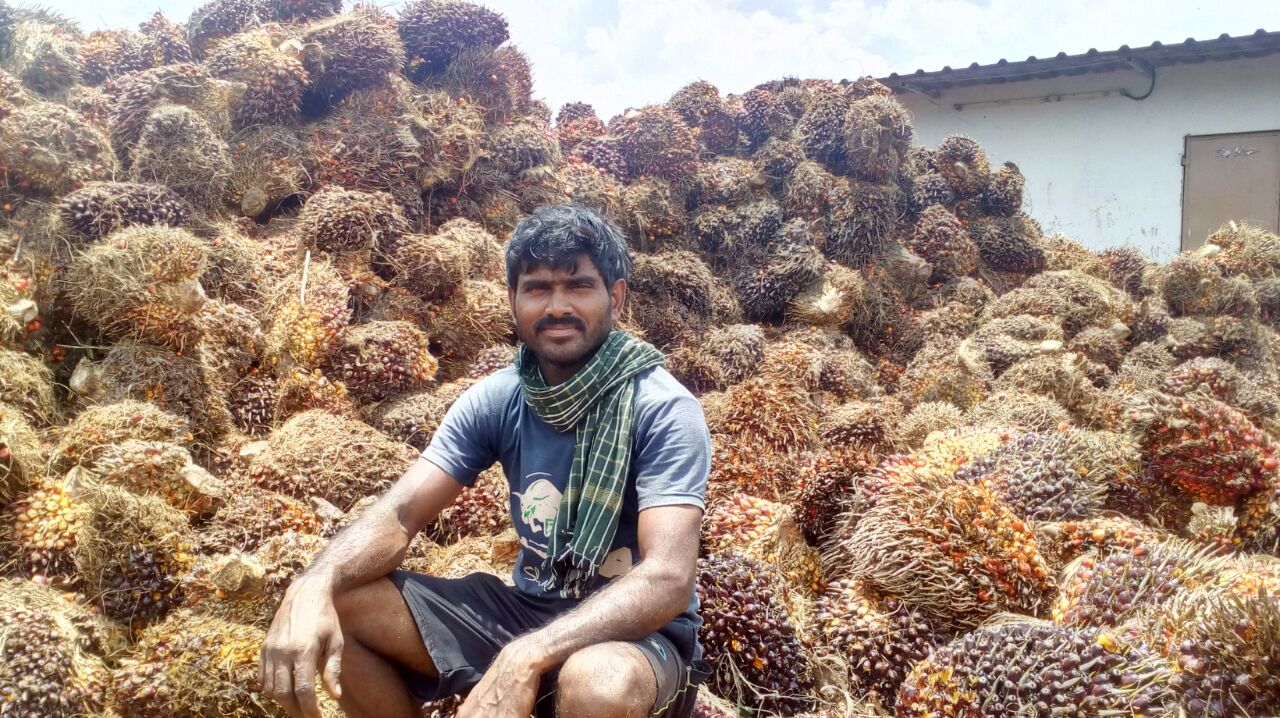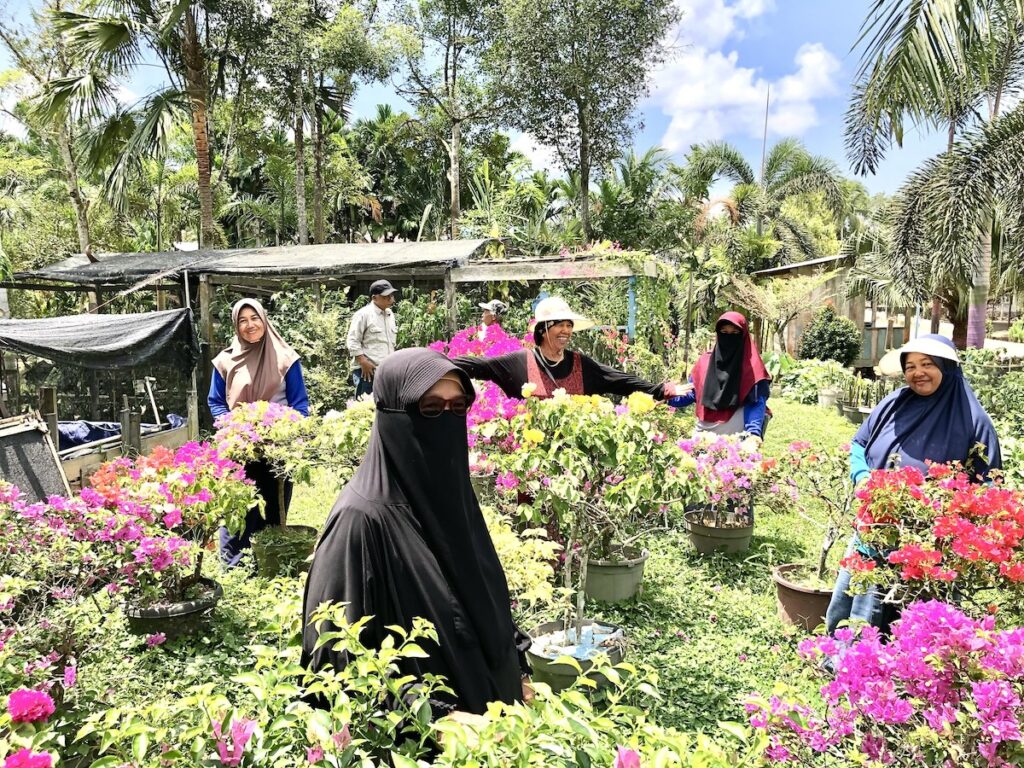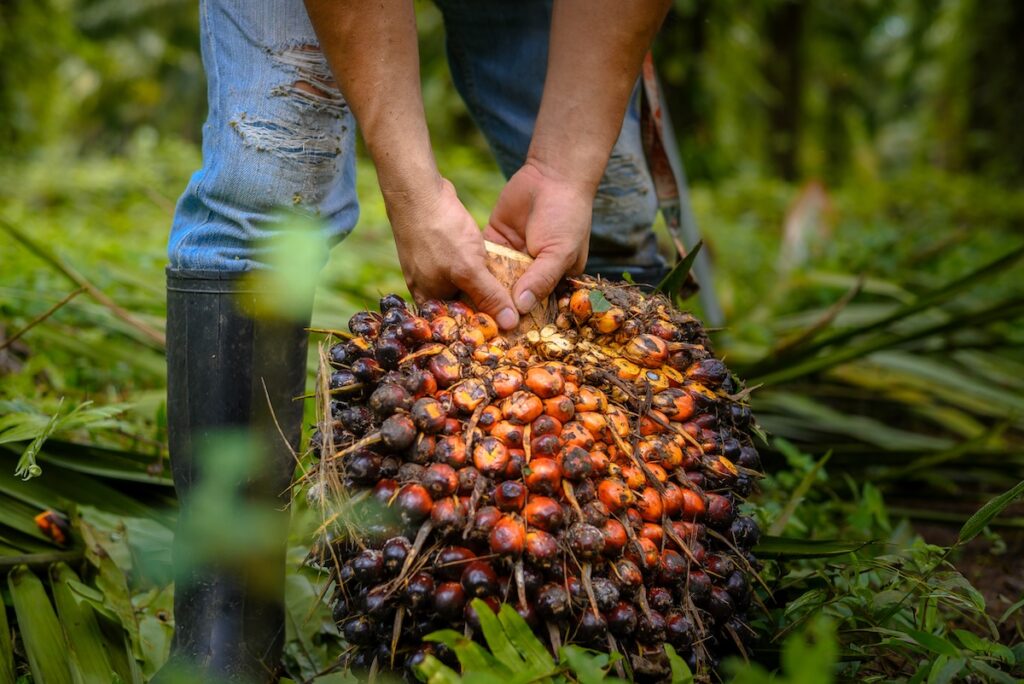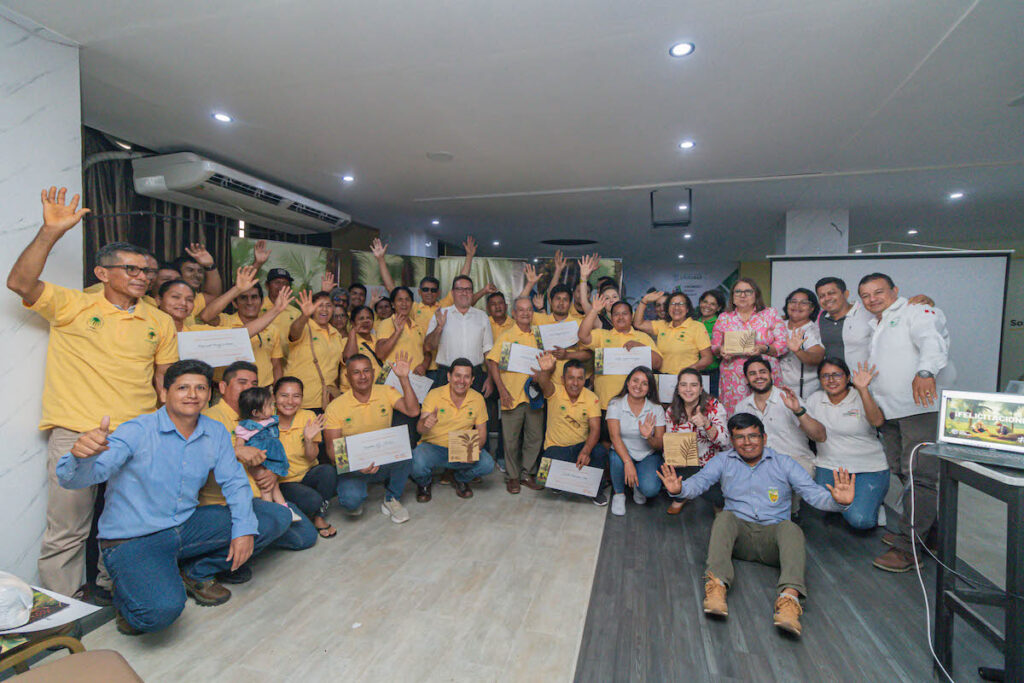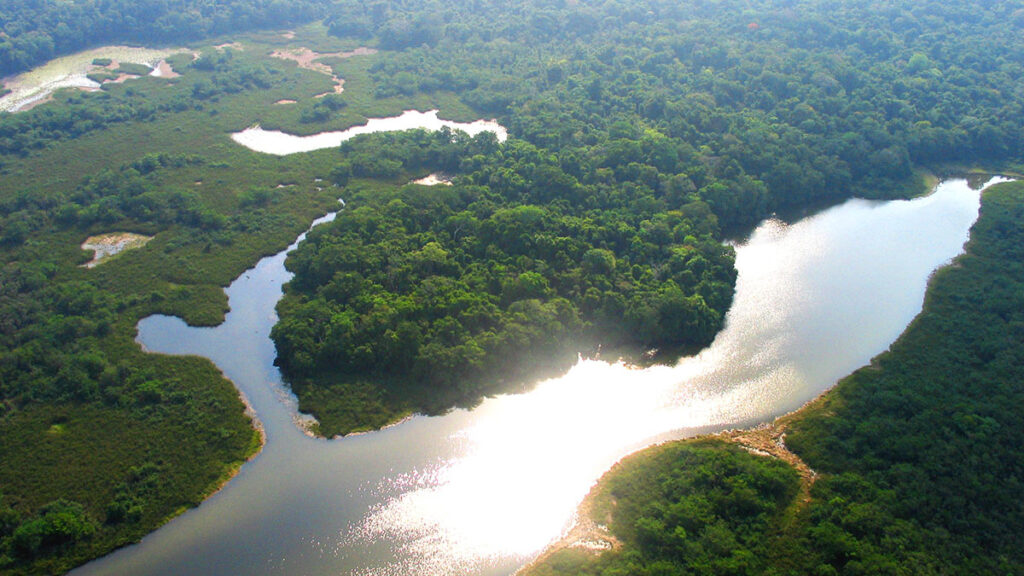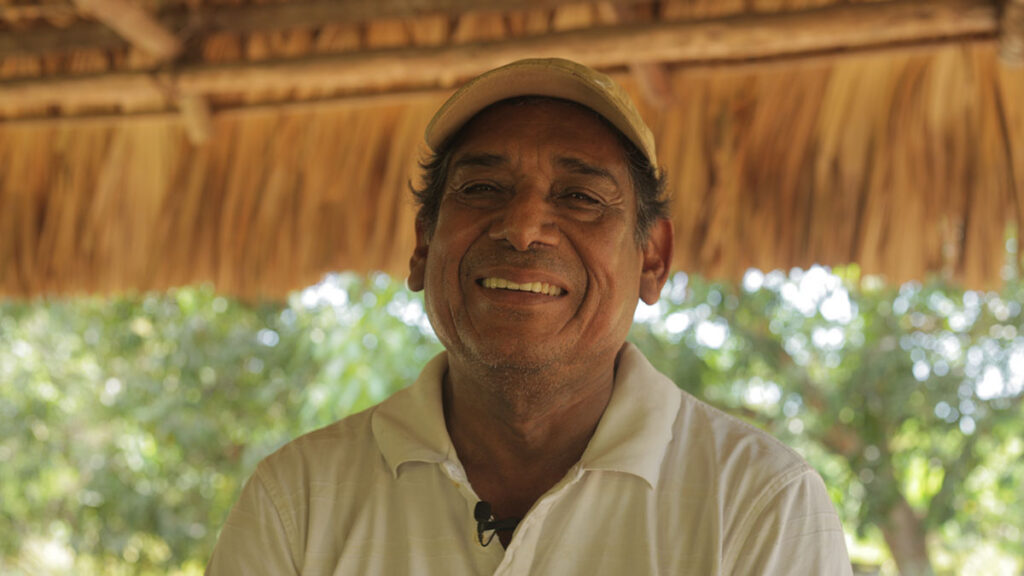In early April, Sri Lanka’s President Gotabaya Rajapaksa ordered all palm producers to remove the trees in a phased manner and replace them with rubber trees. Sri Lanka also banned palm oil import, affecting around 200,000 metric tons of palm oil mainly supplied by Malaysia. As per the press release, the Sri Lankan Government intends to stop palm oil consumption completely. In this context, Solidaridad Asia as an organization working closely with the farmers of Sri Lanka would like to present an analysis on the impact of the ban on palm oil.
An official ban on palm oil production and imports with a vision of stopping palm oil consumption across the nation is quite unprecedented. I believe the Sri Lankan Government decision may inadvertently provide ammunition to the anti-palm oil campaigners worldwide working overtime to create a binary thinking in which companies, consumers and even governments are faced with only two options: to use or to ban palm oil. Therefore, it becomes crucial to have a balanced and fact-based analysis of palm oil production and trade in Sri Lanka.
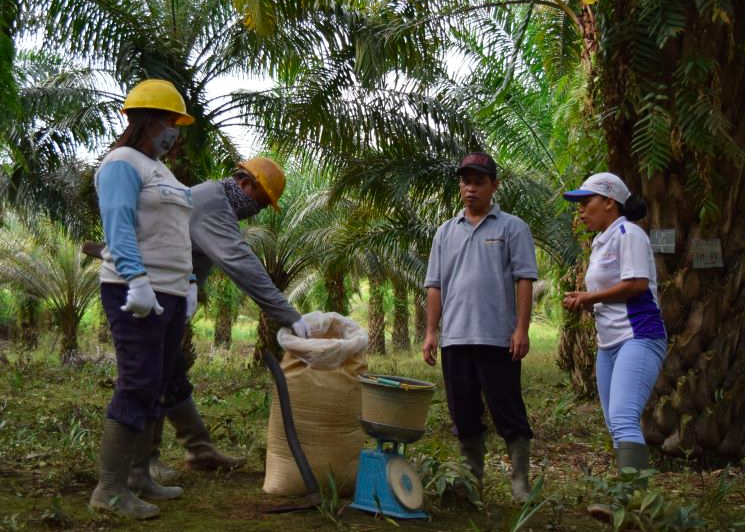
Oil palm farmers on the road to RSPO certification in Indonesia
The project will help 500 farmers across 700 hectares achieve certification.
Not easy to replace the miracle product
Palm oil is used by Sri Lankans in almost every aspect of life; from toothpaste to shampoo to soap to lipstick to confectionary – palm oil is an integral component. It is in 50 percent of all consumer products and plays a central role in a slew of industrial applications. Palm oil’s ubiquitous presence in our lives is, in part, down to its unique chemistry. It is no wonder that palm oil consumption worldwide is predicted to grow at the rate of 5.5 per cent CAGR, with more than 70 percent share of the food and confectionary industry.
Despite this, there is a theoretical possibility of substituting palm oil with coconut oil in the confectionery industry. But it is quite a challenge to maintain the standard taste, quality and commercial viability. So, it is not surprising when the confectionery manufacturing industry of Sri Lanka raised concerns over its survival and security of jobs due to the ban on palm oil imports. The LCMA has warned that the palm oil ban will lead to the closure of factories and loss of thousands of jobs for people who are already struggling amidst Covid-19 related slowdown.
The sudden decision by the Government has caused significant stress and additional burden to all confectionery, bakery and food processors severely. It affects all food processing industries, their viability and employees engaged.
Lanka Confectionery Manufacturers Association (LCMA) Chairman S.M.D. Suriyakumara
Palm oil ban may discomfort Malaysia
Sri Lanka imports around 90 percent of its total 200,000 tons from Malaysia. The volume affected by the Sri Lankan ban is insignificant, considering Malaysia produces and trades in around 20 million tons of palm oil per year. Malaysia’s Minister of Plantation Industries and Commodities Datuk Dr Mohd Khairuddin Aman Razali said that Sri Lanka’s decision “is a discrimination against the country’s product. But it will not affect the country’s oil palm industry.”
Earlier this year, Malaysia took legal action at the WTO against the European Union and member states France and Lithuania for restricting palm oil-based biofuels. The Malaysian petition pleaded that the palm oil ban is inconsistent with the WTO’s Agreement on Technical Barriers to Trade, the General Agreement on Tariffs and Trade 1994, and the Agreement on Subsidies and Countervailing Measures. Because of this background, Sri Lanka’s top two export products to Malaysia, apparels and rubber, become vulnerable. A dialogue between Sri Lankan and Malaysian stakeholders may help create a common understanding.
Is coconut oil more sustainable than palm oil?
Coconut accounts for approximately 12 percent of all agricultural produce in Sri Lanka, with the total land area under cultivation covering 409,244 hectares (in 2017). Sri Lanka is one of the major exporters of coconut products in the world. While palm oil gets all the bad reputation, coconut is perceived as a sustainable alternative. A recent study (Current Biology, July 2020), found that coconut oil production, by some measures, is more destructive than palm oil production. Coconuts affect 20 threatened species per million litres of oil produced, while palm oil only affects 3.8 species per million litres. Of course, these findings are not conclusive, and already there are many critiques to them.
But the study clearly shows that most coconut growing countries were forested in the past. Still, in 2015 an average of just 11.2 percent of their land area remained under ‘primary’ forest (n=95, SD=17.7), with coconut expansion being the main driver of deforestation in some of them. Compared to that, Indonesia and Malaysia—which produce around 83 percent of all palm oil globally—have 50 and 18.7 percent under primary forests, respectively.
We have heard about the threat to the Orangutan population due to palm oil production. But how often have we heard that coconut farms were responsible for the extinction of the Marianne white-eye (Zosterops semiflavus), a tiny bird from Seychelles? Did we know that the Ontong Java flying fox (Pteropus howensis) disappeared from the Solomon Islands with the expansion of coconut plantations?. Essentially, all edible oils impact the environment one way or another, but these impacts are often not well publicized.

